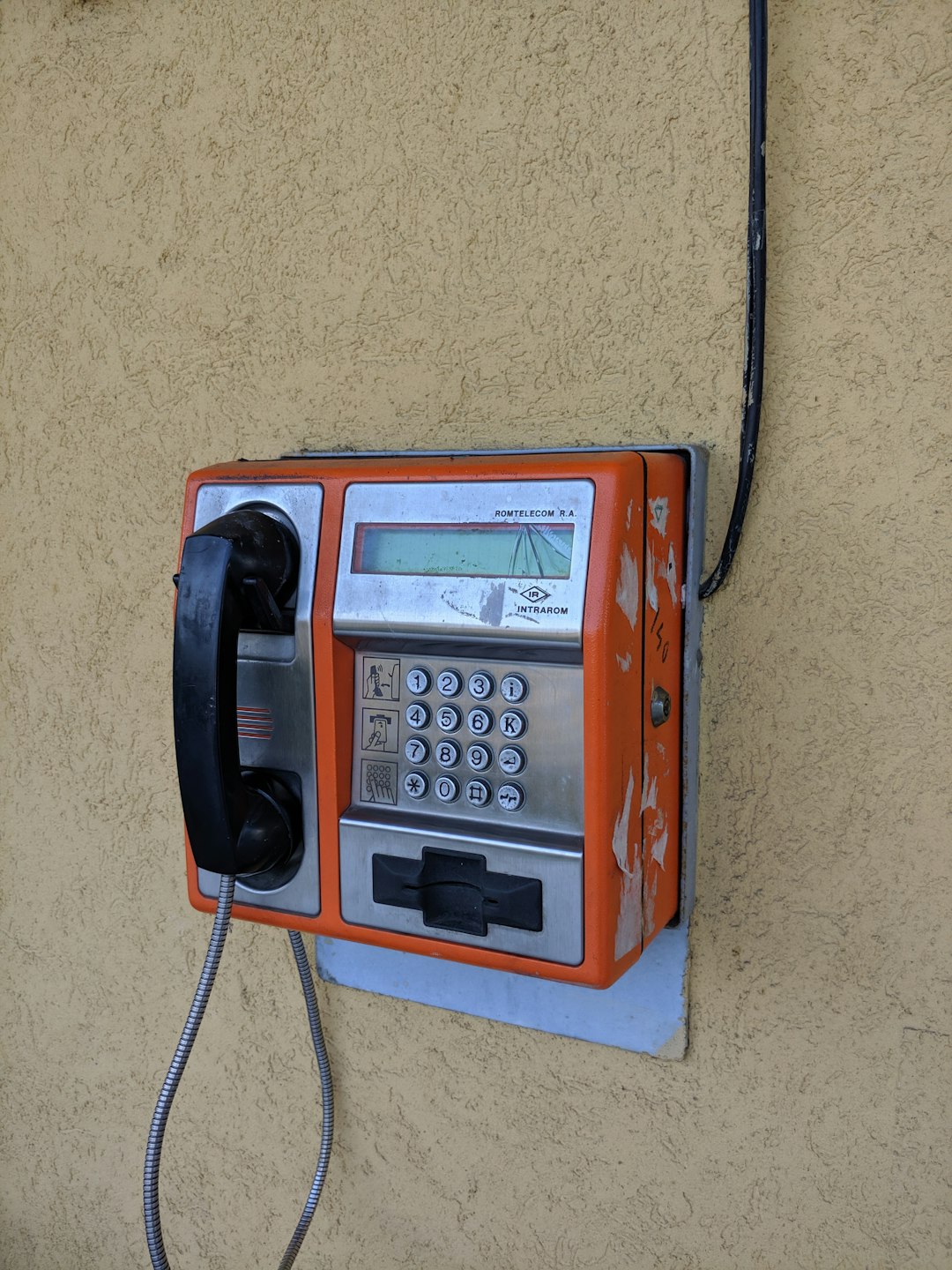Oregon residents enjoy robust protection against spam calls and texts through state and federal laws like the Oregon Do Not Call Law and TCPA. Oregonians facing relentless spammers can consult specialized robocall lawyers or law firms to block calls, sue spammers, and understand their rights. Key steps include filing complaints with the Oregon Public Utility Commission (OPUC) or retaining legal help from professionals who navigate Oregon's unique legislative landscape, providing tailored strategies for compliance and protection under robocall laws.
Tired of relentless spam calls and texts in Oregon? You’re not alone. Unwanted robocalls and messages are a growing nuisance, but Oregon offers solutions through its legal framework. This article guides you through understanding spam calls and texts, your rights to protect against them, how to report spam, the state’s Do Not Call Registry, and even helps you find the right robocall lawyer or spam call law firm in Oregon. Learn about robocall laws and connect with legal professionals specializing in combating unwanted communications.
Understanding Spam Calls and Texts in Oregon: Legal Framework

In Oregon, spam calls and texts are regulated by a comprehensive legal framework designed to protect residents from unsolicited and nuisance communications. The Oregon Do Not Call Law prohibits businesses and individuals from making robocalls or sending unwanted texts to Oregon consumers who have registered their phone numbers on the state’s “Do Not Call” list. This law is enforced by the Oregon Attorney General’s Office, which has the authority to take legal action against violators.
Additionally, federal laws like the Telemarketing and Consumer Protection Act (TCPA) further restrict robocalls and texts, especially those originating from out-of-state or international sources. A robocall lawyer or attorney in Oregon can help consumers navigate these complex laws and take legal action against persistent spammers. Many law firms specializing in this area offer services to block future calls, sue for damages, and educate clients on their rights under both state and federal spam call laws.
Your Rights: Protecting Against Unwanted Robocalls and Messages

In Oregon, your rights against unwanted robocalls and text messages are protected by both state and federal laws. The Telephone Consumer Protection Act (TCPA) at the federal level prohibits automated or prerecorded calls from being placed to telephone numbers listed on the National Do Not Call Registry unless you give explicit consent. At the state level, Oregon has its own Do Not Call law that further restricts telemarketing calls and provides additional protections against spam texts.
If you are receiving unwanted robocalls or texts in Oregon, you have legal options. A robocall lawyer or attorney specializing in spam call laws can help you understand your rights and take appropriate action. These professionals can guide you through the process of filing a complaint with relevant authorities, seeking damages if eligible, and ensuring that your communication channels are free from unwanted intrusions. Remember, knowing your rights is the first step towards protecting yourself from robocalls and spam texts.
How to File a Complaint: Reporting Spam in Oregon

In Oregon, filing a complaint against spam calls and texts is a straightforward process. If you’ve received unsolicited or unwanted robocalls or text messages, you can take action by contacting the appropriate regulatory bodies. The Oregon Public Utility Commission (OPUC) oversees telephone consumer protection and allows individuals to file complaints online or via phone. To report spam, visit the OPUC website and fill out their complaint form, providing details such as the nature of the call/text, date, time, and any identifying information you have about the sender. Alternatively, you can reach out to a robocall lawyer Oregon or spam call law firm Oregon who specializes in consumer protection laws.
These legal professionals can guide you on the best course of action based on the specific type of spam you’ve encountered, whether it’s violating Oregon’s do not call laws or other relevant regulations. Many such firms offer their services to help consumers like you protect your rights and put an end to relentless spam. By taking these steps, Oregonians can actively contribute to curbing spam calls and texts, ensuring a quieter and more peaceful communication environment.
Oregon's Do Not Call Registry: A Step Towards Solutions

Oregon’s Do Not Call Registry is a significant step towards mitigating the issue of spam calls and texts within the state. As a proactive measure, residents can register their phone numbers to opt-out of most telemarketing calls, providing much-needed relief from relentless robocalls. This registry, enforced by the Oregon Attorney General’s Office, allows individuals to exercise control over their communication preferences.
By registering, Oregonians ensure that their privacy is respected and that they receive fewer unwanted calls, especially from robocall lawyers or spam call law firms. The Do Not Call Registry is a powerful tool, backed by Oregon’s strict robocall laws, which aim to protect citizens from excessive and intrusive marketing efforts. This initiative fosters a safer and less disruptive communication environment for all Oregonians.
Finding the Right Lawyer: Combating Spam in Your State

When it comes to tackling spam calls and texts in Oregon, one of the most effective strategies is to consult a legal professional who specializes in this area. Finding the right robocall lawyer or spam call attorney in Oregon can make all the difference in navigating the state’s robocall laws. These experts are well-versed in the regulations and have the expertise to help individuals and businesses protect themselves from unwanted communication.
Oregon has stringent rules regarding do not call lists and unwanted texts, and a qualified lawyer can guide you through these complexities. They can assist in filing complaints, negotiating with violators, and even representing you in court if necessary. Whether it’s blocking specific numbers, understanding your rights, or drafting cease-and-desist letters, these legal professionals offer valuable insights tailored to Oregon’s unique legislative framework.






